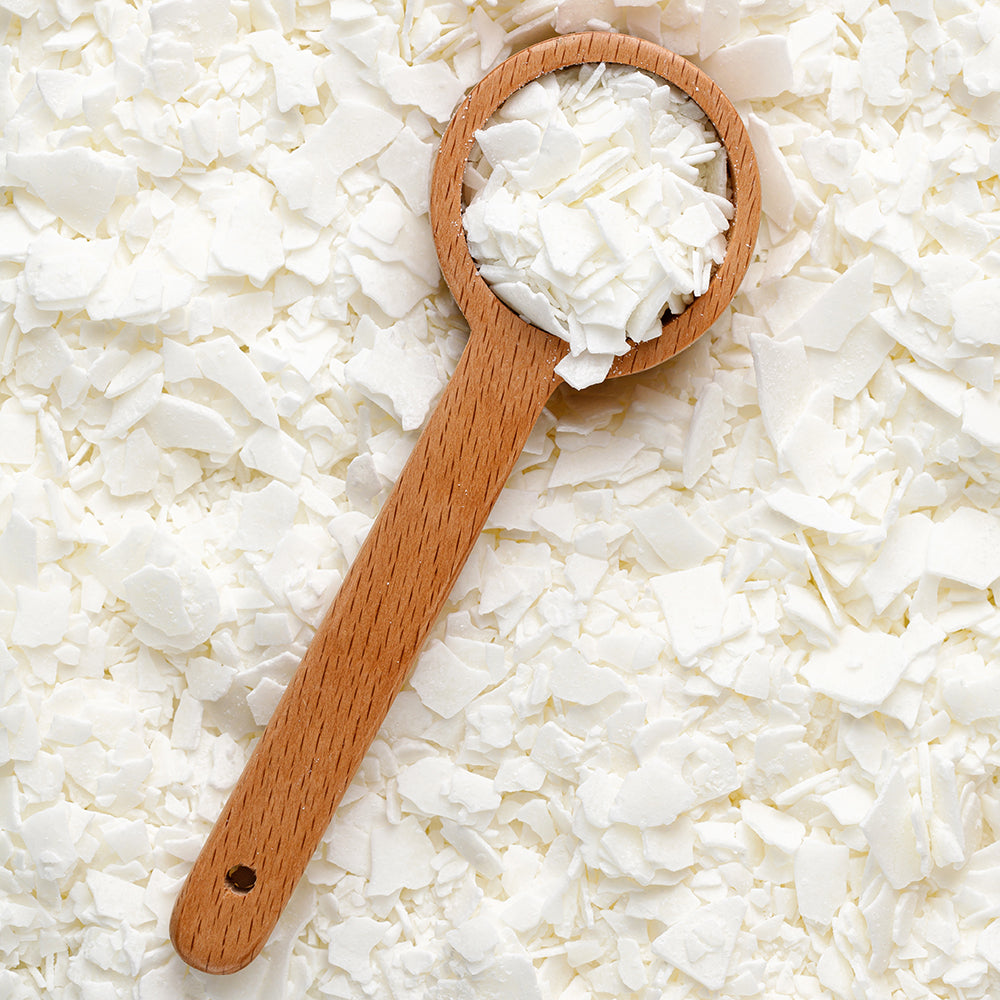The Art of Essential Oils
The art of fragrance is about as ancient as you can imagine. For as far back as we can remember, different cultures have sought to extract and combine fragrances from nature. This manifested in a great many different expressions of scent, from perfume to incense to the burning of oud-rich wood and herbs.
Today, most of the fragrances we enjoy come from essential oils. These are added in small amounts to just about anything with a scent, whether that’s a candle, a diffuser, or your lotions and soaps. There are three main ways to extract fragrance: expression, absolute extraction and steam distillation.
Expression
This is the most straightforward of the extraction methods, used most commonly for citrus fragrances. You simply take the rind of an orange, lemon, or other fruit peel, and crush it under a mechanical press. This forces the fragrant oils through the glands of the peel. This method doesn’t require heat or any other particular treatment to be effective.
Steam Distillation
The most common method of making essential oils, steam distillation, involves placing the ingredients above a vat of water. When this water is heated, the steam rises through the materials and lifts the fragrance into a cooling chamber. After this fragrant concoction is solidified back into a liquid, the oil and water are separated. The oil, naturally, becomes an essential oil, and the water becomes floral water.
Absolute Extraction
Some raw materials, such as the delicate jasmine flower, don’t do well with steam distillation. In this case, they’re mixed with a solvent that separates the oils from the raw material. After the solvent evaporates, it leaves the oils intact. Absolutes tend to be a far stronger scent than a typical essential oil — compare rose essential oil and rose absolute to see the difference.
While we use natural products, our essential oils have undergone a process of extraction. This is why they are no longer considered ‘natural,’ and that’s why some of our products carry warning labels. Creating fragrance is a delicate but fascinating science, an effort to bring the beauty of nature into your home.



